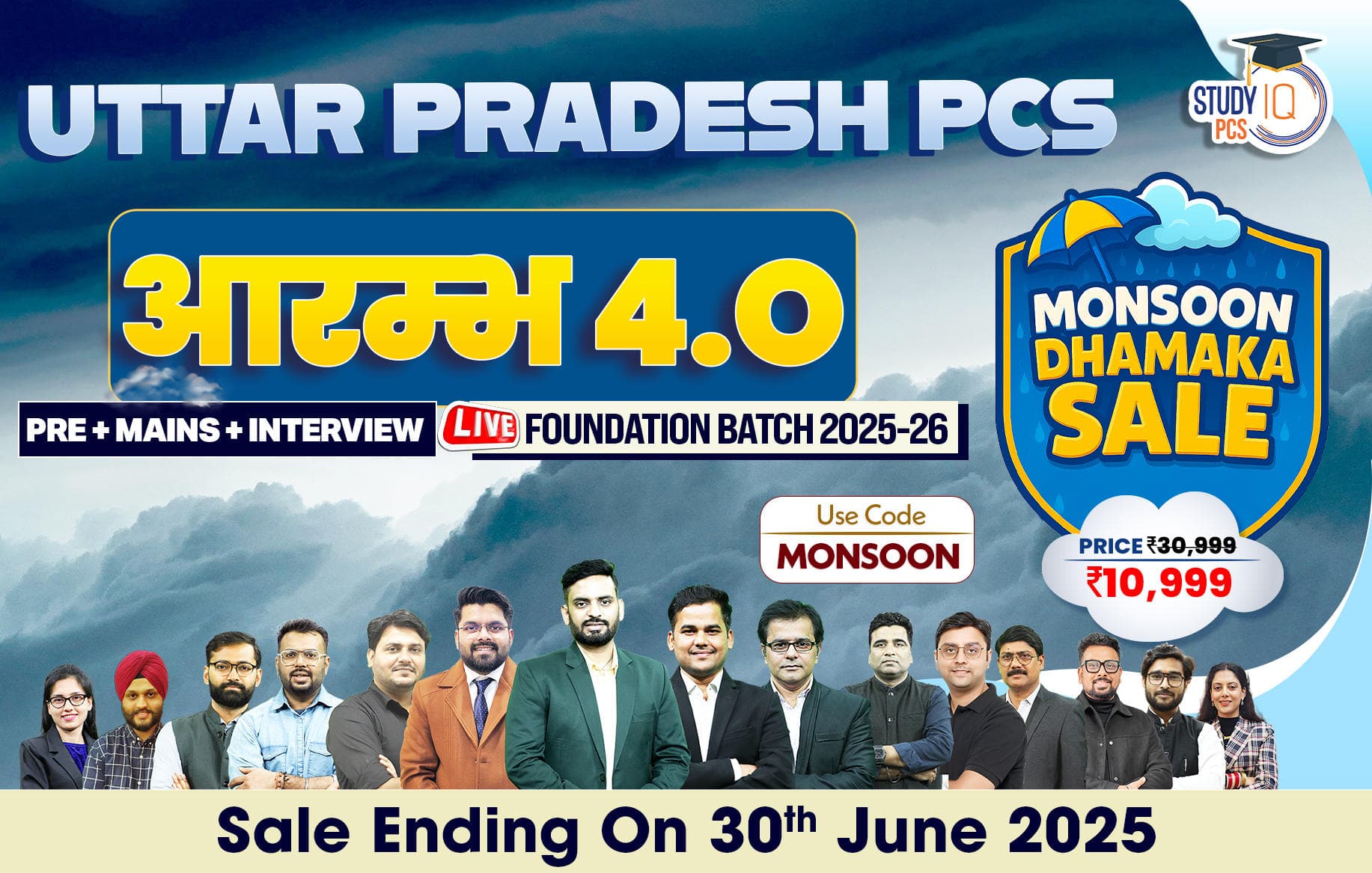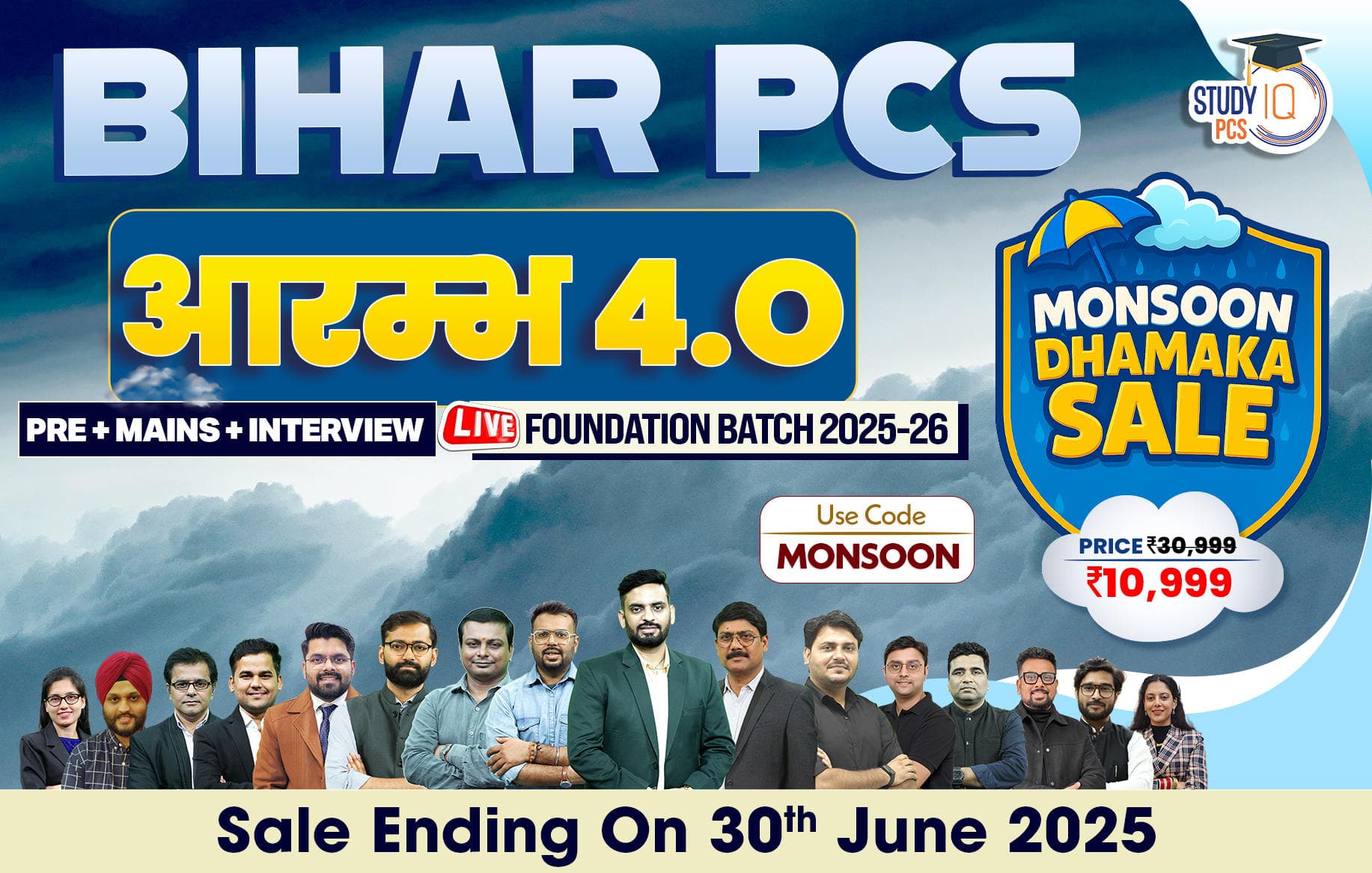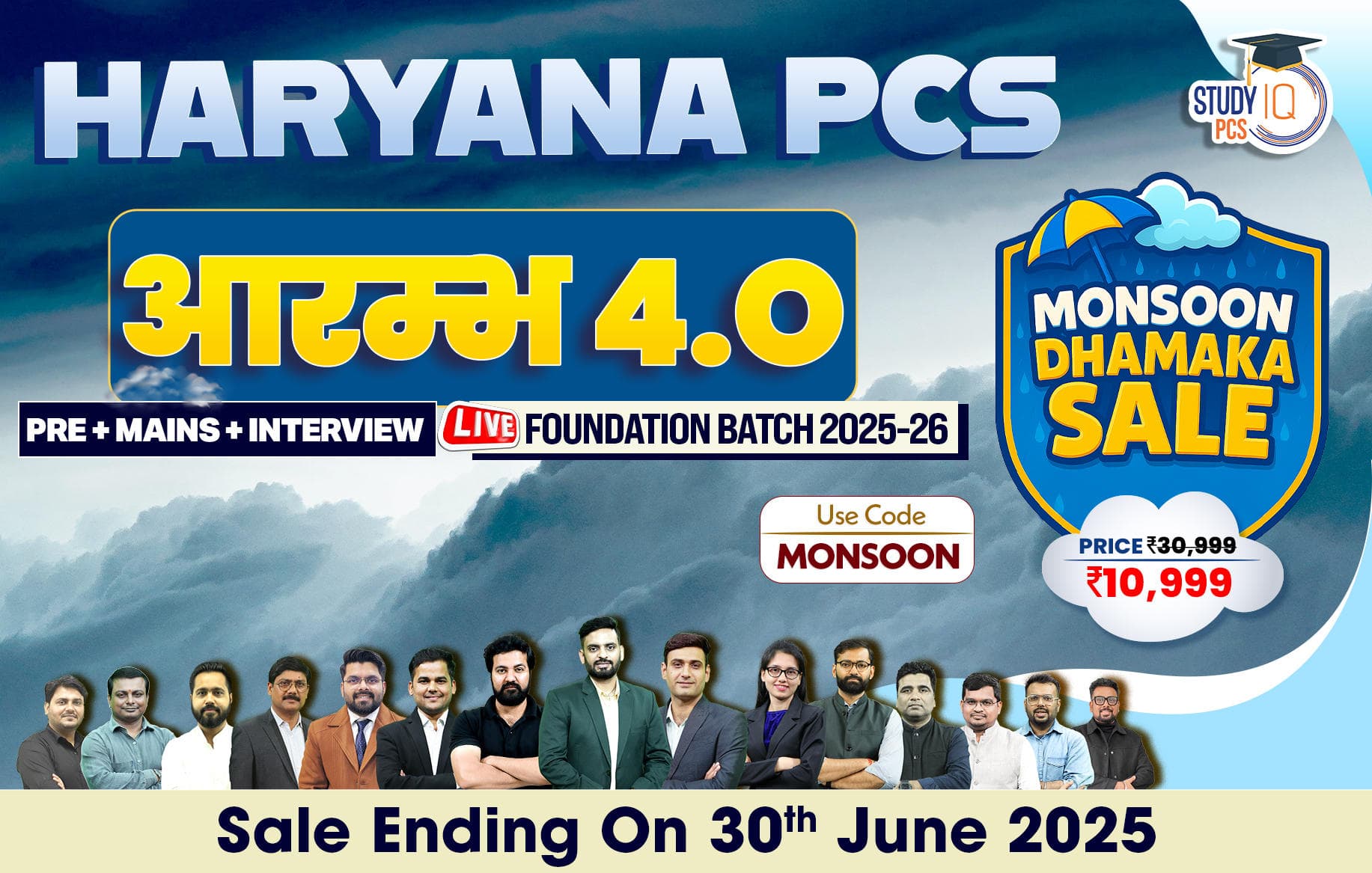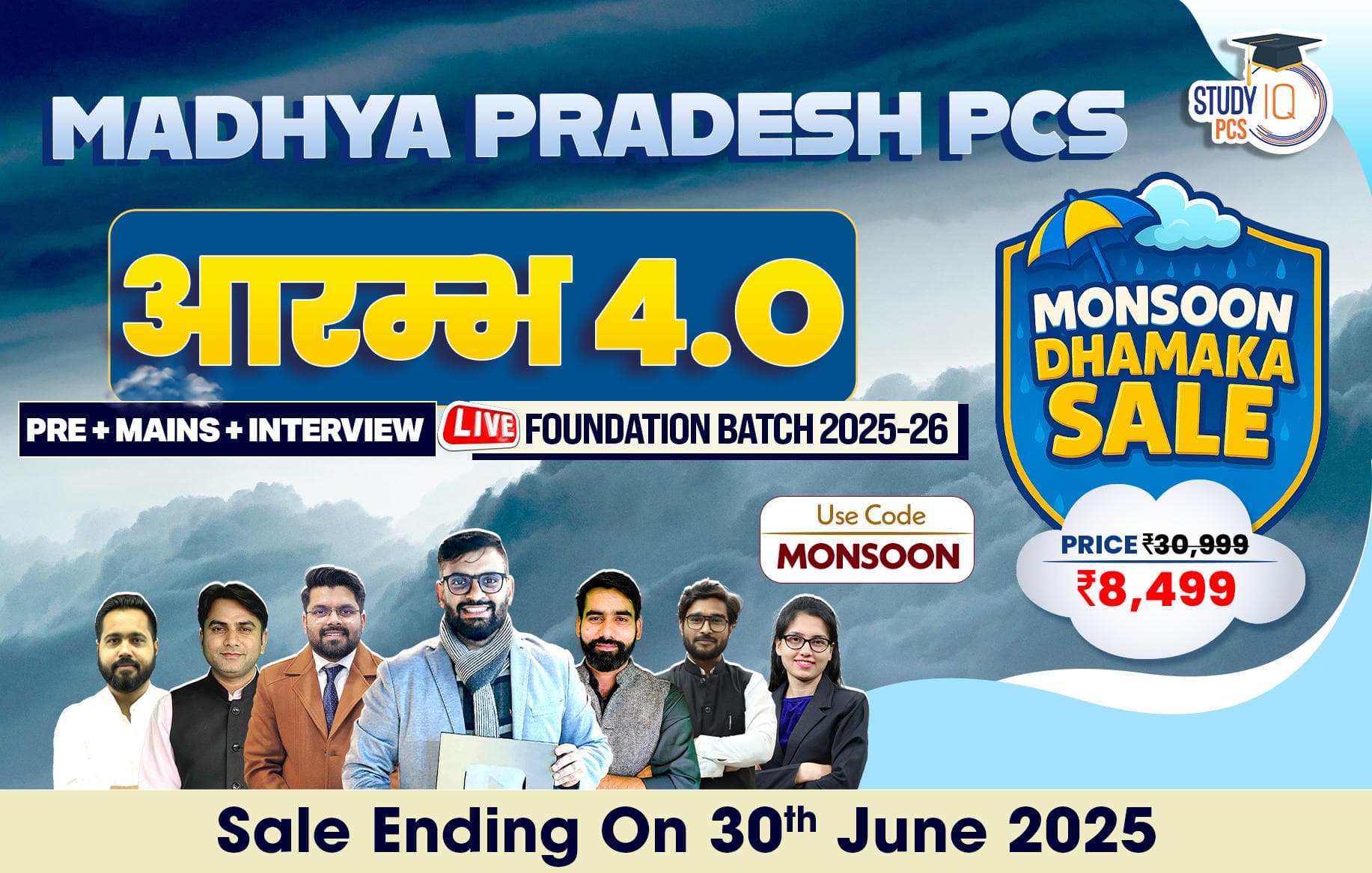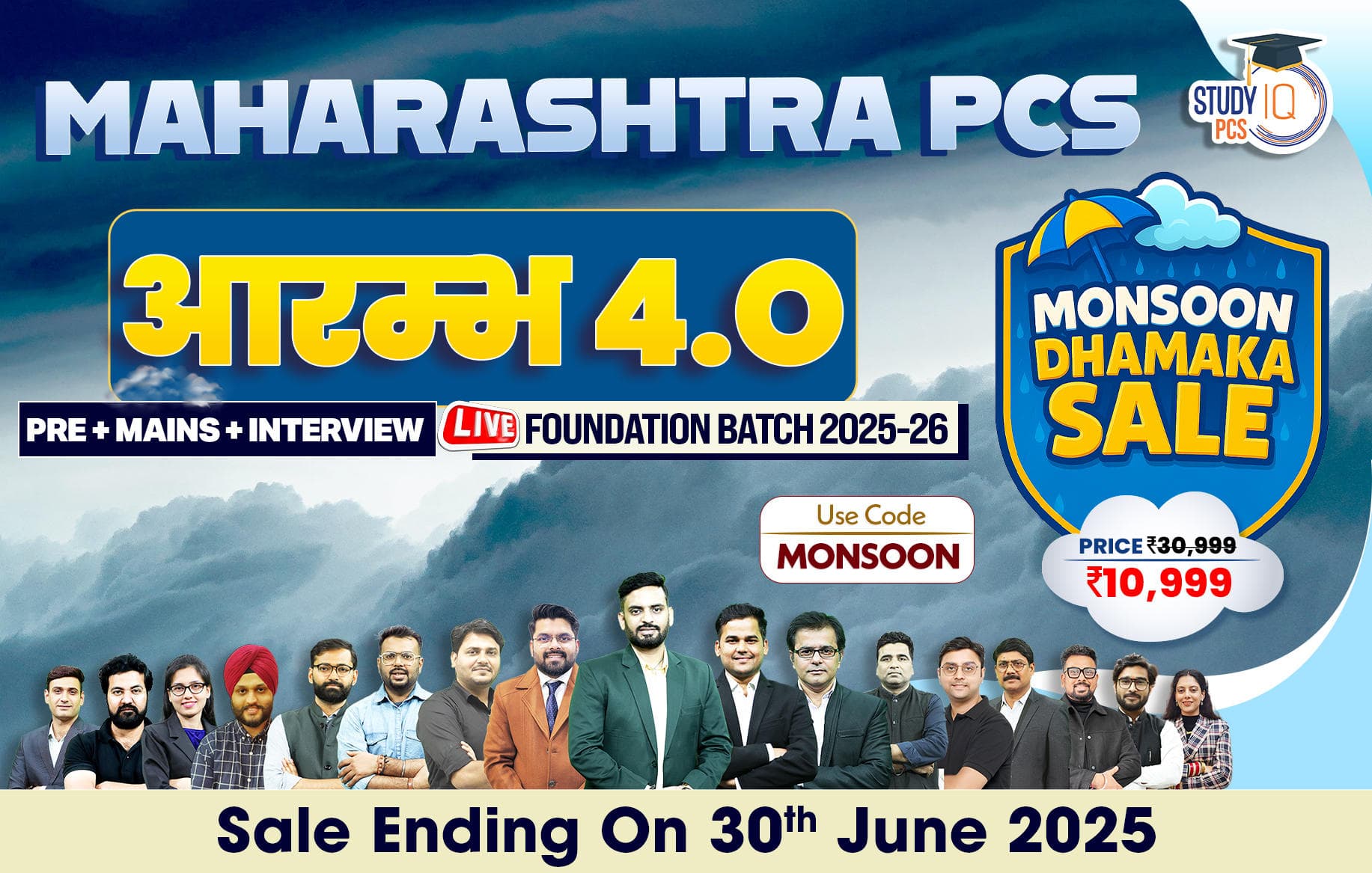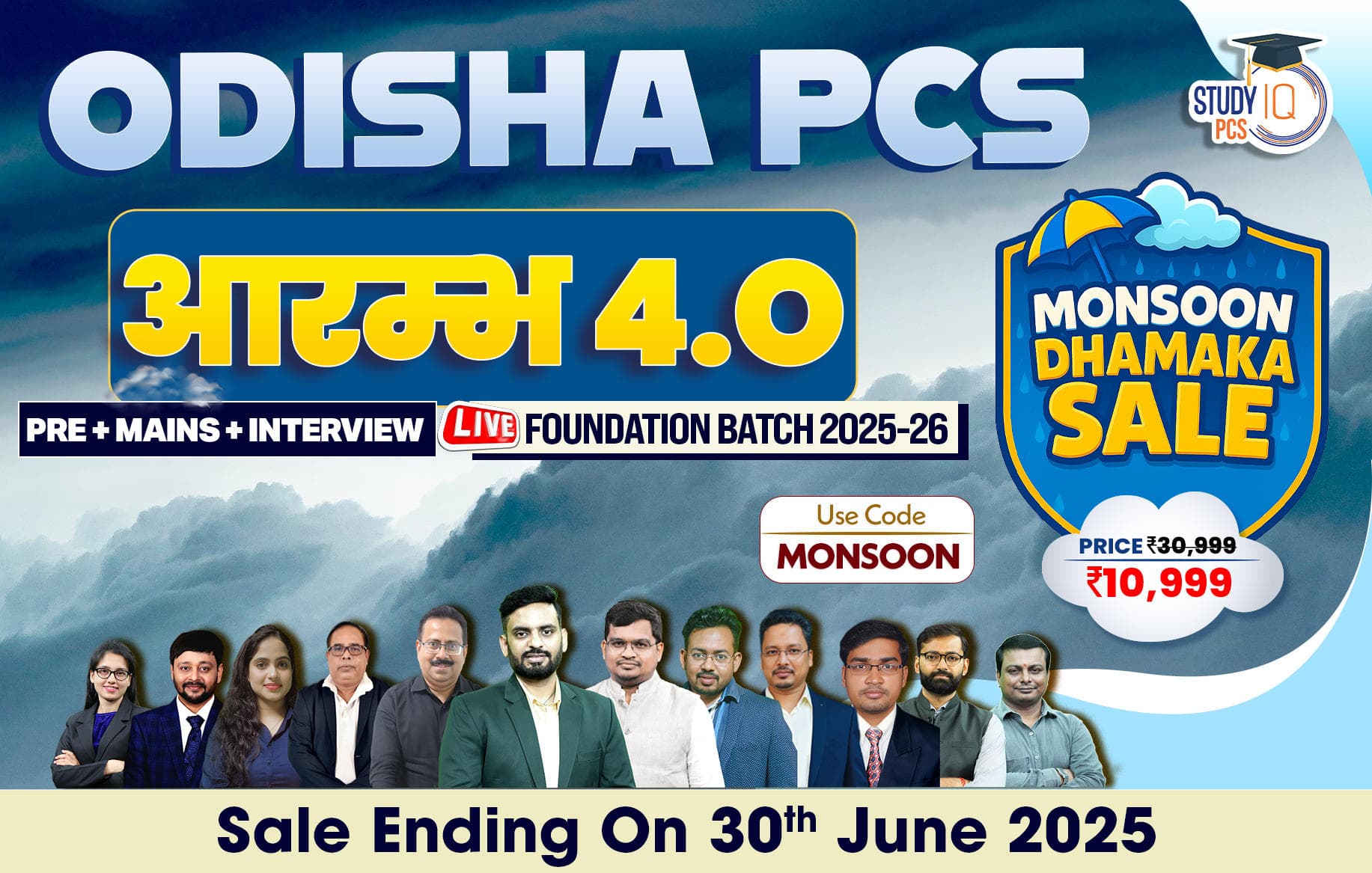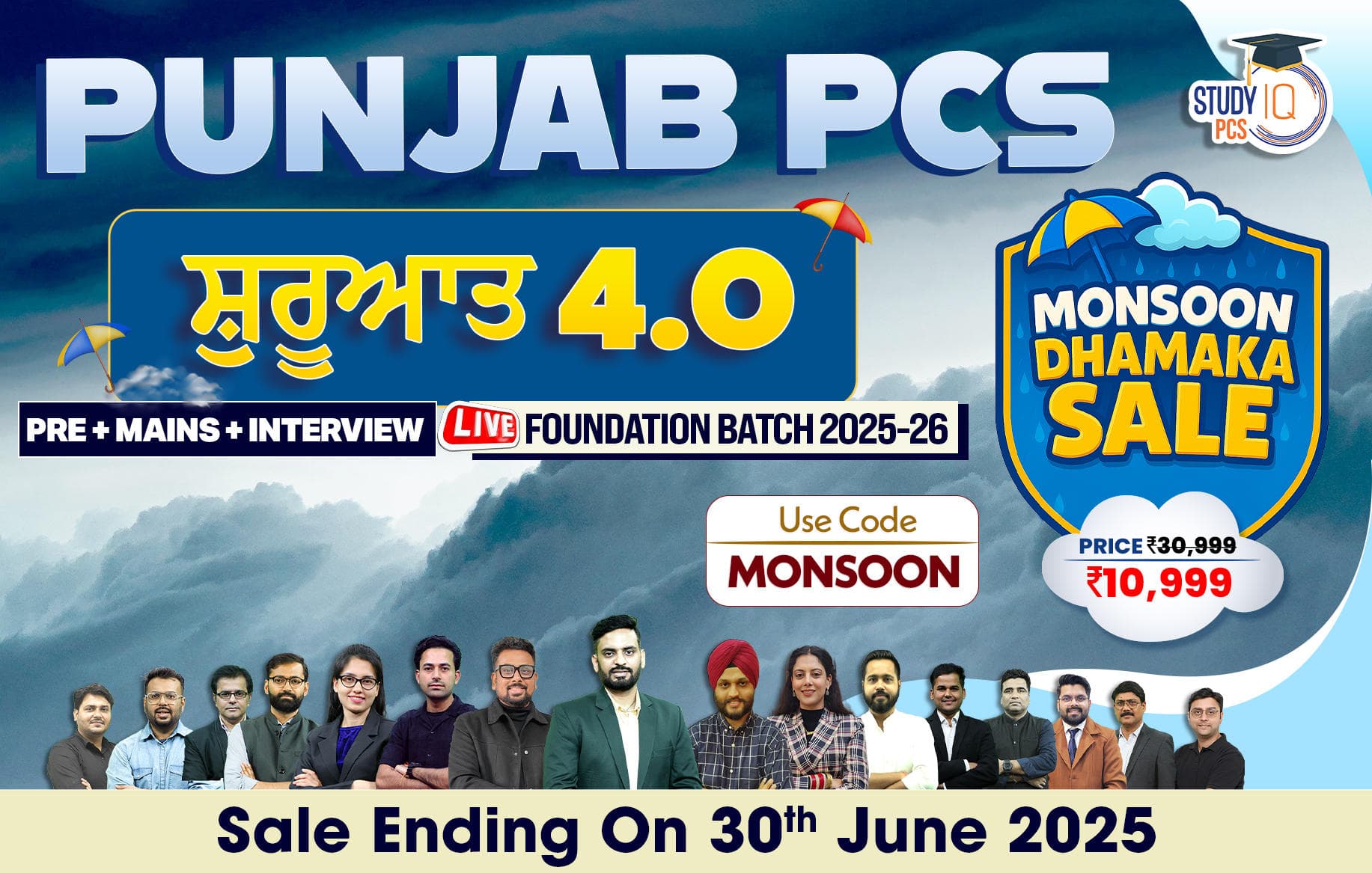Table of Contents
Rajasthan Public Service Commission (RPSC) conducts the RPSC RAS Recruitment 2025. Candidates preparing for the Rajasthan PSC should have an idea about the RAS Syllabus 2025, along with the exam pattern. The syllabus for RAS will Help the candidate understand the question pattern.
RPSC RAS Syllabus 2025
The Commission sets the RPSC RAS Syllabus 2025 for both Prelims and Mains. Candidates preparing for the RPSC RAS 2025 should have proper knowledge of the RPSC Syllabus 2025 is very important for the candidates appearing for the examination. One of the most renowned State Level Civil Services Exams is organized by the Rajasthan Public Service Commission (RPSC) for the appointment of numerous positions under the state government.
RAS Pre Syllabus 2025
The RPSC RAS Prelims stage consists of one paper on General Knowledge and General Science. In this paper, 150 multiple-choice questions are asked, each of which carries equal marks. The Prelims Paper of RAS is 200 marks in total which candidates have to complete in 3 hours. It also consists of a negative marking of 1/3 mark for every wrong answer marked by the candidates. The RAS Pre Syllabus 2025 detailed syllabus for the prelims exam is discussed below. History, Art, Culture, Literature, Tradition & Heritage of Rajasthan This part will go through all of Rajasthan’s historical facts, as well as the state’s culture, music, tourism attractions, and other things. View the subjects to be covered from this page.
- Rajasthani Culture, Traditions, and Heritage
- Major Landmarks in the History of Rajasthan
- Freedom Movement, Political Awakening, and Integration
- Local Dialects Fairs, Festivals, Folk Music, and Folk Dances
- Salient features of Architecture – Forts and Monuments Arts, Paintings, and Handicrafts
- Important Works of Rajasthani Literature
- Religious Movements, Saints & Lok Devtas of Rajasthan
- Important Tourist Places. Leading Personalities of Rajasthan
Geography of India The geography of Rajasthan, India, and the world will be discussed in the questions in this part. Examine the themes from geographical factors that will be covered in the RPSC RAS Prelims Exam. Indian Geography
- Agriculture and Agro-based Activities
- Minerals – Iron, Manganese, Coal, Oil & Gas, Atomic minerals
- Broad physical features and Major physiographic divisions
- Major Industries and Industrial Development
- Natural Resources
- Environmental Problems and Ecological Issues
- Transportation– major transport corridors
Geography of Rajasthan
- Broad physical features and Major physiographic divisions
- Natural Resource of Rajasthan- Climate, Natural Vegetation, Forests, Wildlife, and Biodiversity Major irrigation projects
- Mines and Minerals
- Population
- Major Industries and Potential for Industrial
World Geography
- Broad Physical features
- Environmental and Ecological Issues
- Wildlife and Biodiversity
- International Waterways
- Major Industrial Regions
Indian History Questions from Indian history will be asked to test the candidate’s understanding of ancient, mediaeval, and modern periods of history. The following subjects will be covered: Ancient & Medieval Period
- Significant characteristics
- Important Sites in Ancient and Mediaeval India Literature, architecture, and the Arts.
- The administrative systems of the major dynasties. socio-economic circumstances Significant Movements.
Modern Period
- Important occasions, figures, and topics from modern Indian history (roughly from the middle of the eighteenth century to the present)
- The Indian National Movement and the Freedom Struggle through numerous phases, and significant individuals from all sections of the nation contributed to these movements.
- The 19th and 20th centuries saw social and religious reform movements.
- Consolidation and reorganization throughout the nation following independence
Indian Constitution, Political System, and Governance Prepare the following material on the constitution, political system, and governance. The candidates must be well-versed in the background of these themes’ history. Development and the Constitution of India: Constituent Assembly; Government of India Acts of 1919 and 1935; Preamble; Directive Principles of State; Fundamental Duties; Federal Structure; Constitutional Amendments; Emergency Provisions; Public Interest Litigation (P.I.L. ); and Judicial Review Indian Political System and Governance:
- Nature of Indian State, Democracy in India, Reorganization of States, Coalition Governments, Political Parties, National Integration
- Union and State Executive; Union and State Legislative, Judiciary
- President, Parliament, Supreme Court, Election Commission, Comptroller and Auditor General, Planning Commission, National Development Council, Central Vigilance Commission(CVC), Central Information Commission, Lokpal, National Human Right Commission (NHRC).
- Local Self-Government & Panchayati Raj
Public Policy & Rights: National Public Policy as a welfare state, Various Legal Rights and Citizen Charter Indian Economy Questions on India’s current economic situation, its results, and what could be done to improve it will be raised. The following subjects will be covered:
- Basic Economic Concepts
- Basic understanding of accounting, including its concepts, tools, and applications in administration, stock exchange and share market, fiscal and monetary policies, subsidies, public distribution systems, and e-commerce
- Concept, Impact, and Control of Inflation
- Five Year Plans for Economic Development and Planning: Goals, Approaches, and Successes
- Agriculture, industry, services, and trade: Current Situation, Challenges, and Initiatives
- Government initiatives and significant economic problems. Reforms and Liberalisation in the Economy
- Human Development Index Human Resource and Economic Development Poverty and Unemployment: Concept, Types, Causes, and Current Flagship Programmes
- Empowerment and Social Justice: Including Weaker Sections
Economy of Rajasthan The candidate must have a thorough understanding of Rajasthan’s economy and other relevant information in order to appear in the RPSC RAS Exam 2025. The following themes will be the focus of the questions.
- A comprehensive analysis of the economy
- Large-scale problems in the agricultural, industrial, and service sectors. Planning, growth, and development
- Resources & Infrastructure
- Large-scale Development Projects
- Government welfare programmes for SC/ST/Backward Class/Minorities/Disabled Persons, Destitute Women, Children, Old Age People, Farmers & Labourers are available.
Political and Administrative System of Rajasthan The candidate must have a fundamental and in-depth understanding of the state’s political and administrative services because the position will fall under Rajasthan Administrative Services. The following subjects are discussed in this section:
- Governor
- Chief Minister
- State Assembly
- High Court
- Rajasthan Public Service Commission
- District Administration
- State Human Rights Commission
- Lokayukta
- State Election Commission
- State Information Commission
- Public Policy, Legal Rights, and Citizen Charter
Science & Technology Basics of Everyday Science For the RPSC RAS Exam 2025, the fundamental knowledge is also necessary in place of the science and technology subject.
- Electronics, Computers, Information, and Communication Technology
- Space Technology including Satellites. Defense Technology. Nanotechnology
- The human body, Food, and Nutrition, Health care
- Environmental and Ecological Changes and their Impacts
- Biodiversity, Biotechnology, and Genetic Engineering
- Agriculture, Horticulture, Forestry, and Animal Husbandry with special reference to Rajasthan
- Development of Science and Technology in Rajasthan
Reasoning & Mental Ability The questions in this section will be used to test the candidate’s deductive reasoning and problem-solving skills. Practice the subjects presented here to increase your speed and accuracy.
- Logical Reasoning (Deductive, Inductive, Abductive): Statement and Assumptions, Statement and Argument, Statements and Conclusion, Courses of Action
- Analytical Reasoning
- Mental Ability: Number series, Letter series, Odd man out, Coding-Decoding, Problems relating to Relations, Shapes, and their sub-sections
- Basic Numeracy: Elementary knowledge of Mathematical and Statistical Analysis
- Number System
- Order of Magnitude
- Ratio, and Proportion
- Percentage
- Simple and Compound Interest
- Data Analysis (Tables, Bar diagram, Line graph, Pie-chart)
Current Affairs The candidate should be aware of current events at the local, state, federal, and worldwide levels. The current affairs part is extremely important and demands careful planning from the outset.
- Important current events and issues affecting Rajasthan, the United States, and the world
- People and locations mentioned recently
- Sports-related games and activities
RAS Mains Syllabus 2025
RPSC RAS Mains Syllabus is subjective and 4 theory papers of 200 marks each—GS Paper 1, GS Paper 2, GS Paper 3 & GS Paper 4. There is no optional paper in the RAS mains. We have discussed the Subject RAS Mains Syllabus 2025. Paper-I General Knowledge and General Studies History, Economics, and Sociology, as well as Management, Accounting, and Auditing, comprise the first section of the RPSC RAS Mains Paper-I. The topics that are listed below can help applicants prepare successfully for Paper-I. Unit-I History Part A: History, Art, Culture, Literature, Tradition, and Heritage of Rajasthan
- Important dynasties, their administrative and financial systems, and significant historical events that occurred in Rajasthan between prehistoric times and the end of the 18th century
- Peasant and tribal movements were notable events in the 19th and 20th centuries. Integration, Freedom Movement, and Political Awakening
- Heritage of Rajasthan: Fairs, Festivals, Folk Music, and Folk Dance; Performing & Fine Art, Handicraft, and Architecture
- The most significant works of Rajasthani literature and dialects
- Saints, Lok Devtas, and notable Rajasthani individuals
Part B: Indian History & Culture of Indian heritage
- Fine Art, Performing Art, Architecture & Literature from Indus Civilization to British Era
- Religious Movements and religious philosophy in Ancient and Medieval India
- History of Modern India from the beginning of 19th Century to 1965 AD: Significant events, personalities, and issues
- Indian National Movement- Its various stages & streams, important contributors and contributions from different parts of the country
- Socio-religious Reform Movements in the 19th and 20th Century
- Post Independence consolidation and reorganization – Accession of princely states & Linguistic reorganization of the states
Part C: History of Modern World (up to 1950 AD)
- Renaissance and Reformation
- Enlightenment and Industrial Revolution
- Imperialism and colonialism in Asia and Africa
- Impact of World Wars
Unit-II Economics Part A: Indian Economy
- Major Sectors of Economy: Agriculture, Industry & Service- Current Status, Issues, and Initiatives
- Banking: Concept of Money supply & High Powered Money. Role and Functions of Central Bank & Commercial Banks, issues of NPA, Financial
- Inclusion. Monetary Policy- Concept, objectives & Instruments
- Public Finance: Tax reforms in India- Direct & Indirect, subsidies- Cash Transfer and other related issues. Recent Fiscal Policy of India
- Recent Trends in Indian Economy: Role of Foreign Capital, MNCs, PDS, FDI, Exim Policy, 12th Finance Commission, Poverty alleviation schemes
Part B: World Economy Global Economic issues and trends
- Role of World Bank, IMF & WTO
- Concept of Developing, Emerging, and Developed countries
- India in global Scenario
Part C: Economy of Rajasthan
- Agriculture, Horticulture, Forestry, Dairy, and Animal husbandry with special reference to Rajasthan
- Industrial Sector- Growth and recent trends. Growth, Development & Planning with special reference to Rajasthan
- Recent development and issues in the service sector of Rajasthan
- Major Development Projects of Rajasthan- their objectives and impact
- Public-Private Partnership Model for Economic Transformation in Rajasthan
- Demographic Scenario of the State and its impact on Rajasthan Economy
Unit-III Sociology, Management, Accounting & Auditing Part A: Sociology
- Development of Sociological Thought in India
- Social Values
- Caste Class & Occupation
- Sanskritization
- Varna, Ashram, Purusharth and Sanskar Vyavastha
- Secularism Issues and Problems of Society
- Tribal community of Rajasthan: Bhil, Mina (Meena), and Garasia
Part B: Management
- Management – Scope, concept, functions of Management – Planning, Organizing, Staffing, Direction, Coordination and Control
- Decision-Making: concept, process, and techniques
- The modern concept of Marketing, Marketing Mix – Product, Price, Place, and Promotion
- Objective, the concept of maximization of wealth, Sources of Finance – Short and Long term, Capital Structure, Cost of Capital
- Concept and Main theories of Leadership and Motivation, Communication, Basics of recruitment, selection, induction, training & development and appraisal system
Part C: Business Administration
- Techniques of analysis of Financial statements, Basics of Working Capital Management, Responsibility and Social Accounting
- Meaning & Objectives of Auditing, Internal Control, Social, Performance, and Efficiency Audit
- Basics of different types of Budgeting, Budgetary control
Paper-II General Knowledge and General Studies Four components make up the RPSC RAS Mains Paper-II: Earth Science (Geography & Geology), General Science & Technology, Logical Reasoning, Mental Ability, and Basic Numeracy. Read the section below that corresponds to your unit. Unit-I Logical Reasoning, Mental Ability, and Basic Numeracy
- Logical Reasoning (Deductive, Inductive, Abductive): Statement and Assumptions, Statement and Argument, Statements and Conclusion, Courses of Action
- Analytical Reasoning
- Mental Ability: Number series, Letter series, Odd man out, Coding-Decoding, Problems relating to Relations, Shapes, and their sub-sections
- Basic Numeracy: Elementary knowledge of Mathematical and Statistical Analysis
- Number System, Order of Magnitude, Ratio, and Proportion, Percentage, Simple and Compound Interest, Data Analysis (Tables, Bar diagram, Line graph, Pie-chart)
Unit-II General Science & Technology
- Work energy and power, rotational motion, simple harmonic motion, gravitation, and waves are all terms related to motion.
- Electrostatics, moving charge, current electricity, and the properties of matter semiconductor devices, nuclear physics, and ray optics
- Communication systems, computers’ fundamentals, the application of information technology in administration, including e-governance and e-commerce, and the contributions of Indian scientists to the advancement of science.
- States of matter, Atomic structure, chemical bonding and molecular structure, equilibriums
- Thermodynamics, kinetic theory of gases, solid state, solutions, electro chemistry, Chemical kinetics
- Characteristic feature of life
- Nutrition in organisms
- Principal of inheritance and variation
- Human health and diseases
- Biotechnology and its applications
- Biodiversity and conservation
- Ecosystems Agriculture, Horticulture, Forestry, Dairy and Animal Husbandry with special reference to Rajasthan
Unit-III Earth Science
- Ethics and Human Values: What Great Leaders, Reformers, and Administrators Can Teach Us through Their Lives and Teachings
- Family, community, and educational institutions all play a part in instilling values Rit and Rin, duties, good, and virtues are examples of ethical concepts.
- Relationship ethics in both private and public life, administrative behaviour, moral and political attitudes, and the philosophical underpinnings of integrity Administration and the Bhagavad Geeta’s role in ethics
- Gandhian Morality
- Contribution of Moral Thinkers and Philosophers from India & World
- Psycho-Stress Management
- Case Studies
- Emotional Intelligence – Concepts and their Utilities
Unit-IV Earth Science (Geography & Geology) Part A: World
- Broad Physical Features: Mountains, Plateaus, Plains, Lakes and Glaciers
- Earthquakes and Volcanoes: Types, distribution, and their impact Earth and its Geological time scale
- Current Geopolitical Problems
Part B: India
- Broad Physical Features: Mountains, Plateaus, Plains, Lakes, and Glaciers
- Major Physiographic divisions of India
- Climate- Origin of Monsoon, Seasonal Climatic conditions, Distribution of rainfall and climatic regions
- Natural Resources: Water, Forest, Soil
- Rocks & Mineral: Types and their uses
- Population: Growth, Distribution and Density, Sex-ratio, Literacy, urban and Rural Population
Part C: Rajasthan
- Broad Physical Features: Mountains, Plateaus, Plains, Rivers, and Lakes
- Major Physiographic Regions
- Natural Vegetation and Climate
- Livestock, Wildlife, and its Conversation
- Agriculture- Major Crops
- Mineral Resources
- Metallic Minerals- Types, distribution, and Industrial Uses and conservation
- Non-Metallic Minerals– Types, distribution, and Industrial uses and their Conservation.
- Energy Resources: Conventional and Non-conventional Population and Tribes
Paper-III General Knowledge and General Studies Indian Political System, World Politics and Current Affairs, Concepts, Issues and Dynamics of Public Administration and Management, Administrative Ethics, Behaviour, and Law make up the three sections of the RPSC RAS Mains Paper-III. For Paper-III, we have provided a full syllabus below. Unit-I Indian Political System, World Politics and Current Affairs
- Constitution of India
- Institutional frameworks I, II, and III are among the documents’ ideological contents.
- Governmental dynamics
- Government in Rajasthan
- The post-Cold War era’s emerging world order, American hegemony and its opposition, regional organisations, international terrorism, and environmental challenges India’s foreign policy
- South Asian, South East Asian, and West Asian geopolitical and strategic developments and their effects on India
- Current Events
Unit-II Concepts, Issues and Dynamics of Public Administration and Management
- Meaning, characteristics, and importance of administration and management. its function in both advanced and developing societies. New public administration, the development of public administration as a discipline, Public administration theories
- Power, legitimacy, accountability, and delegating concepts organisation standards: Span of control, hierarchy, and unification of command
- Management duties, corporate accountability, and social responsibility
- New aspects of public management, change management
- Attitude and guiding principles of the civil service: commitment to public service, generalist-specialist relationships, and integrity, impartiality, and nonpartisanship
- Various strategies for judicial and legislative control over the executive branch of government
- Governor, Chief Minister, Council of Ministers, State Secretariat, and Chief Secretary make up Rajasthan’s government and culture.
- Organisation, the District Collector’s and Superintendent of Police’s duties, Sub-divisional, and Tehsil administration
- Development Administration: Definition, Purpose, and Features
- Public Service Guarantee Act of 2011, State Human Rights Commission, State Election Commission, Lokayukta, and Rajasthan Public Service Commission
Unit-III Administrative Ethics, Behaviour, and Law Part A: Administrative Ethics
- Dimensions of Ethics
- Administrative Ethics
- Ethics in Private and Public Relationships
Part A: Behavior
- Intelligence
- Personality
- Learning and Motivation
- Meeting Life Changes: Stress
Part A: Law
- Concepts of Law
- Contemporary Legal Issues
- Important Land Laws in Rajasthan
- Crimes against Women and Children
Paper-IV General Hindi and General English English and Hindi are included in RPSC RAS Mains Paper-IV. This essay’s level of complexity will be based on senior secondary school work. Grammar and Usage, Comprehension, Translation, and Precis Writing, Composition, and Letter Writing will be the three sections of this paper. Part A: Grammar and Usage
- Correction of Sentences: 10 sentences for correction with errors related to Articles & Determiners
- Prepositions
- Tenses & Sequence of Tenses
- Modals
- Voice- Active & Passive
- Narration- Direct & Indirect
- Synonyms & Antonyms
- Phrasal Verbs & Idioms
- One Word Substitute
- Words often Confused or Misused
Part B: Comprehension, Translation, and Precis Writing
- Comprehension of an Unseen Passage (250 Words approximately) and 05 Questions based on the passage, Question No. 05 should preferably be on vocabulary
- Translation of five sentences from Hindi to English
- Precis Writing (a short passage of approximately 150-200 words)
Part C: Composition & Letter Writing
- Paragraph Writing- Any 01 paragraph out of 03 given topics (approximately 200 words)
- Elaboration of a given theme (Any 1 out of 3, approximately 150 words)
- Letter Writing or Report Writing (approximately 150 words)
Also, Check RPSC RAS Salary
RAS Syllabus 2025 PDF
Candidate can download RAS Syllabus 2025 PDF from the direct link provided in the below. The Commission released the RPSC Syllabus in the PDF Format along with the official Notification.

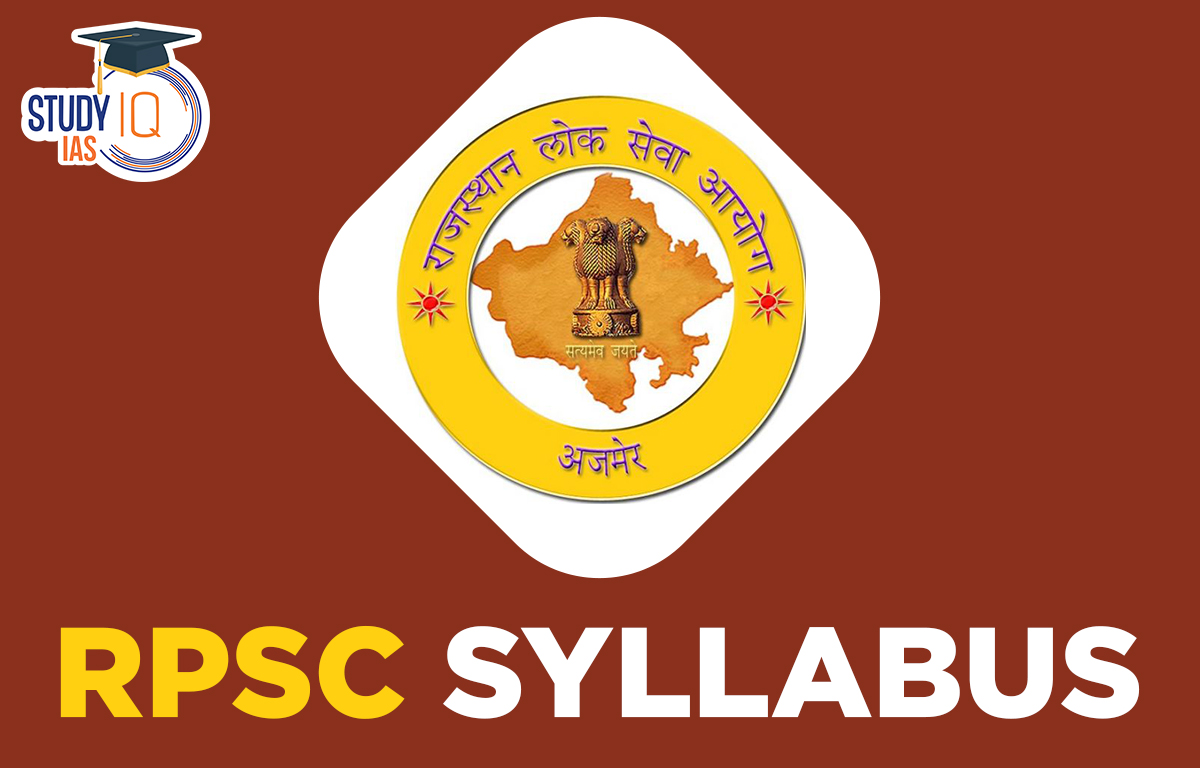
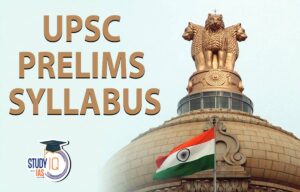 UPSC Prelims Syllabus 2025 PDF, Check Su...
UPSC Prelims Syllabus 2025 PDF, Check Su...
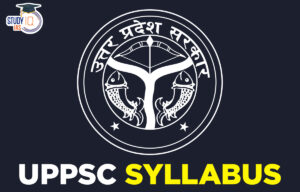 UPPSC Syllabus 2025 PDF, Check Prelims a...
UPPSC Syllabus 2025 PDF, Check Prelims a...
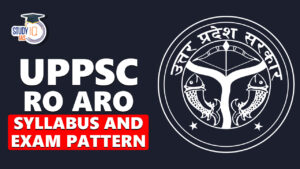 UPPSC RO ARO Syllabus 2025, Check Prelim...
UPPSC RO ARO Syllabus 2025, Check Prelim...
